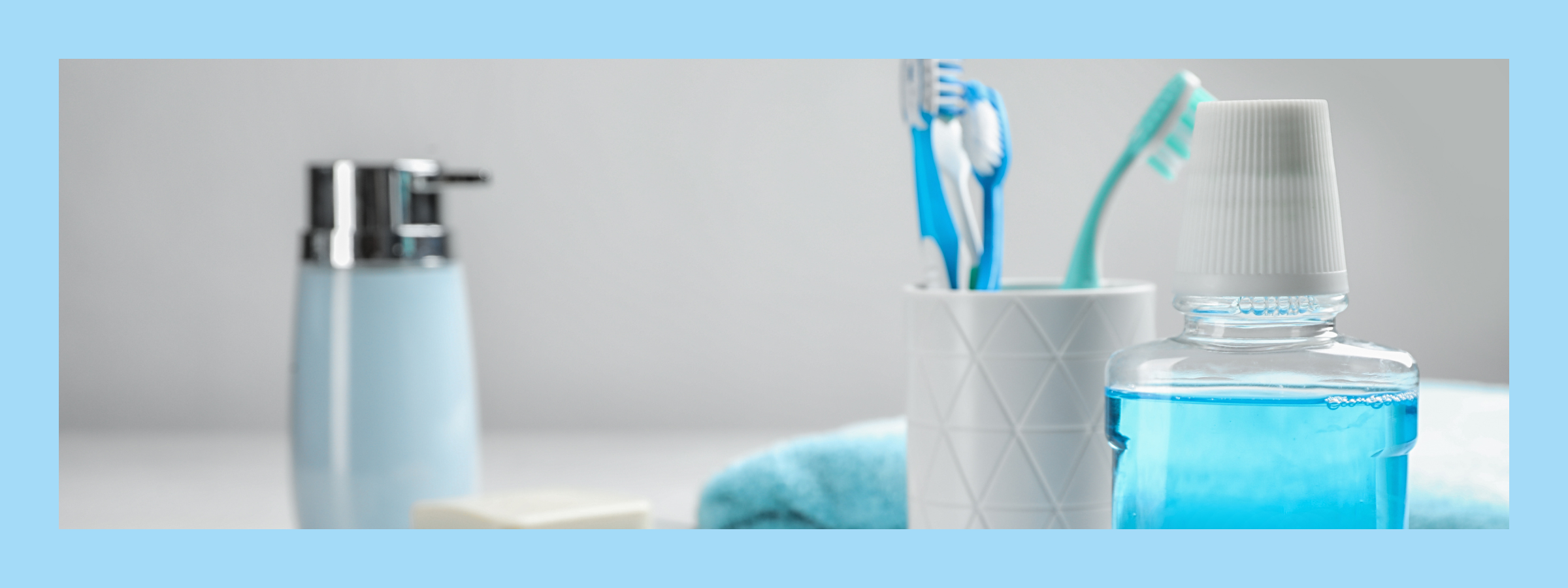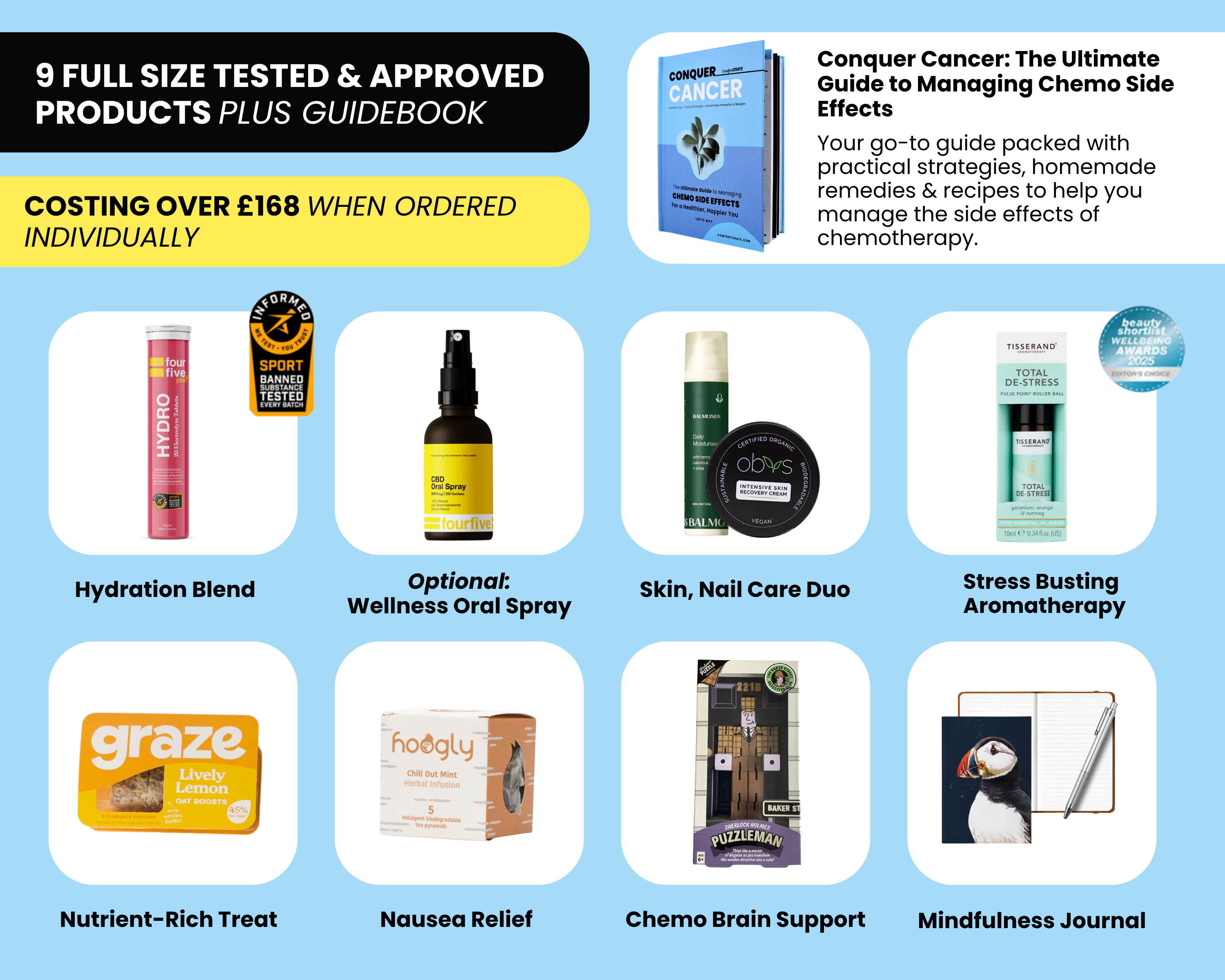
The importance of oral care during cancer treatment
Several cancer treatments, including radiotherapy and chemotherapy for the head and neck, can affect the mouth, teeth, and salivary glands. You may experience this if the treatment damages the cells lining your mouth and throat. Damage usually occurs temporarily, and most side effects disappear when treatment ends, but sometimes permanent effects can occur.
It may be difficult to eat, talk, chew, or swallow if you experience dental or oral side effects. With appropriate care, you and your doctor can lower the risk of these side effects and manage them if they do occur.
The following symptoms may occur:
- Dry mouth
- Thickened saliva
- Changes in taste
- Mouth sores
- Tooth decay
- Difficulty swallowing
- Infection
- Bone disease
- Inflammation or pain in the lining of the mouth and tongue
- Gum disease
- Jaw stiffness
See a dentist before starting Cancer treatment
These conditions are less likely to occur in people whose dental health is good before treatment. The most ideal time to schedule a dental appointment is four weeks before treatment begins. It will give time for infections or irritations to heal.
In addition to discussing mouth care with you, your specialist nurse or doctor may examine your mouth during treatment. It is extremely crucial to inform them if you experience any of the symptoms above in order to prevent any infections.
Make your own salt mouthwash to relieve soreness
- Add 1 teaspoon of salt too cold or warm water.
- Rinse this around your mouth.
- Then spit it out and rinse your mouth with cold or warm water.
Tips to improve oral health:
|
Cleaning Teeth
|
|
| Bone Health |
|
| Avoid |
|
| Mouth Sores |
|
If you experience any of the following symptoms, contact your healthcare team immediately:
- New redness, sores, or white patches in your mouth
- A fever of 100.4 °F (38 °C) or higher
- Bleeding of your gums or mouth
- Trouble swallowing
- Pain when you swallow
- Pain that doesn’t get better with pain medication
Want to discover more tips? Read - 'Smell & Taste Changes during treatment'











Leave a comment
This site is protected by hCaptcha and the hCaptcha Privacy Policy and Terms of Service apply.